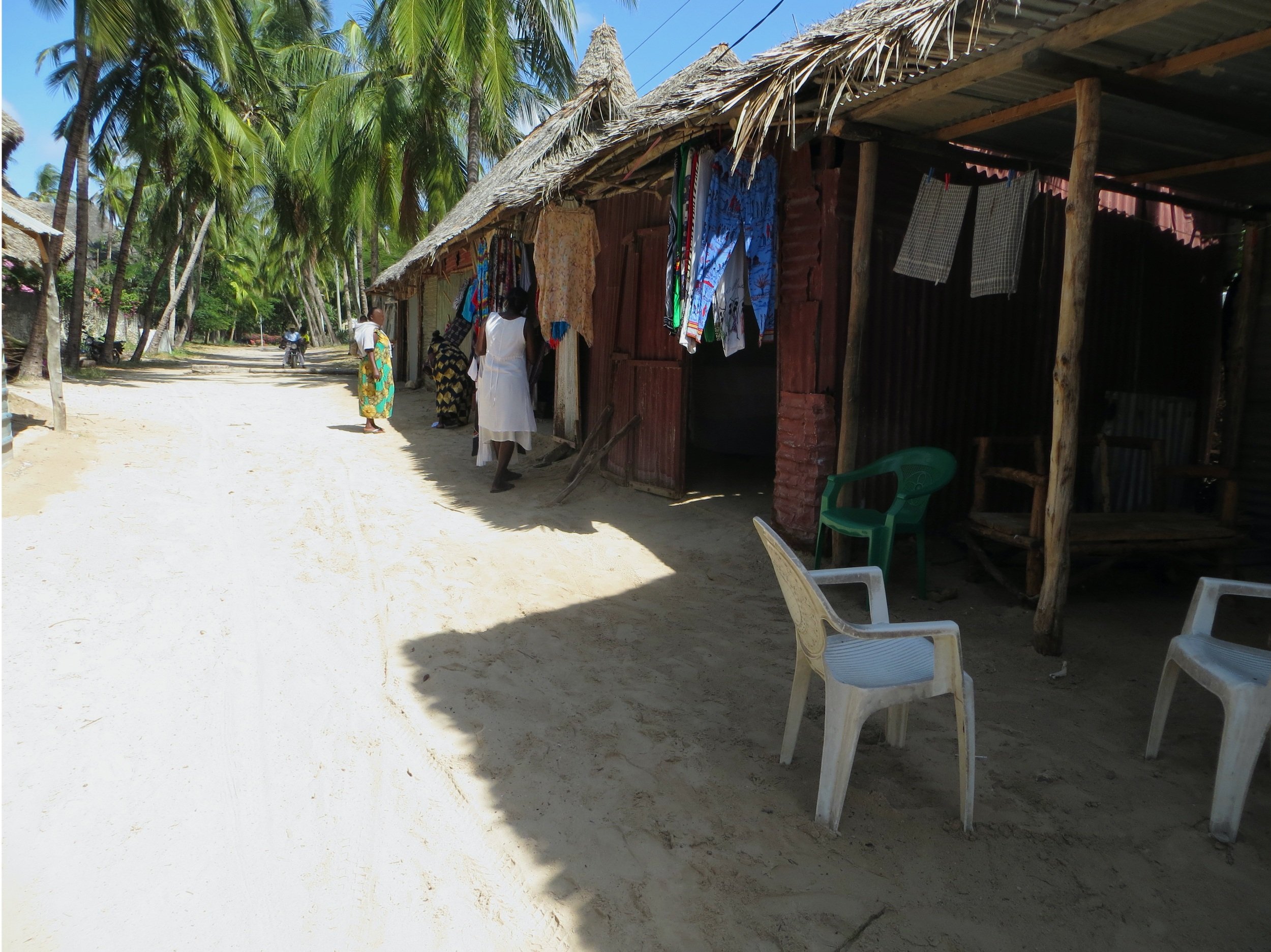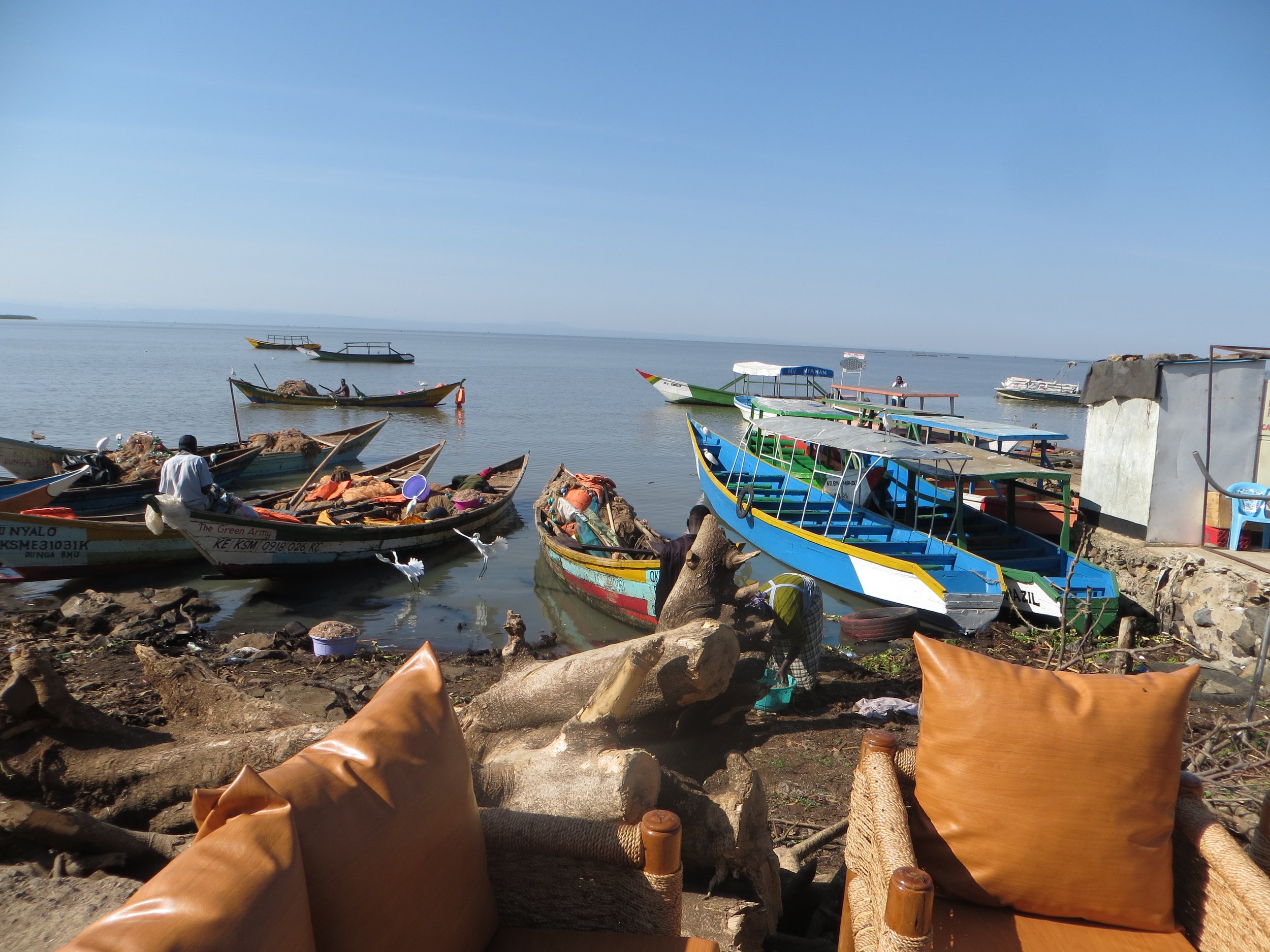Understanding Vaccine Acceptance in Kenya: Postcards from the Field with James Mumbo
By James A. Mumbo
Over the past 8 months, ReD Associates has been investigating the intersection between trust and COVID-19 vaccines. The project was based on in-depth ethnographic immersions in the lives of 300 local respondents and experts across three countries — Nigeria, Kenya, and Pakistan. Our findings shed light on the complex relationship between trust and vaccine intake across the developing world.
James A. Mumbo is a research consultant who ran parts of our fieldwork in Kenya, specifically in Kisumu and Kilifi. We talked to him about his experience working ‘in-the-field’.
Vaccine access is still difficult in rural Kenya — and rumors abound
We were in rural Kenya. A place called Kisumu — very politically charged, especially around the topic of vaccinations. There was little access to hospitals. Some ran out of vaccines; others didn’t want to miss out on work to schlep to the hospital every day.
Then there were elements of superstition. Some men alleged the vaccine would make you impotent. These were the kinds of conversations flowing around different households. And when it comes to very small communities, such rumors spread like wildfire.
COVID-19 is treated very differently from other diseases, raising questions and damaging trust
What emerged from our interviews was a lack of trust in who was telling them to go get vaccinated. COVID-19 was handled very differently than other diseases these communities had dealt with previously. Specifically in Kisumu, we talked about how previous outbreaks of cholera were handled differently than COVID-19. Tribal chiefs were highly involved and went household to household, mandating locals to dig latrines. And that happened — anybody who didn’t dig a latrine was caught, taken to prison, or had to pay someone to come and dig it.
So when communities were dealing with coronavirus, they saw they weren’t getting masks, the chief was staying uninvolved, and there was no information about what was happening and how to better themselves. As a result, it wasn’t discussed as seriously as issues like cholera.
Or consider that almost every hospital and every public toilet has a condom dispenser. So, if the pandemic was this serious, people expected the government to do the same and ensure that in every hospital or in every toilet or in every bathroom, you could find a clean face mask. This meant that people were not taking it quite as seriously because that wasn’t happening. Or if you look at the AIDS pandemic, which was very huge in Kisumu, every single person, including the chief, the MP, the governors, was on it. But when it came to coronavirus, and people were expected to pay for masks and such, it was hard for them to believe that it was a serious issue.
Different motivations for vaccination are salient across different segments of society
Kilifi, another rural part of Kenya, is a very conservative, close-knit place. So if a group decides to get the vaccine, they all get it. But if not, then no one gets it. We noticed that women were the ones pushing for men to get vaccinated, because it’s a tourism area. Most of these women have businesses like massage parlors on the beach, which would require them to get the vaccine to stay in business once the tourists come. What made it quite serious in Kilifi is that the government authorities closed all beaches for almost three months which meant that many people lost their jobs. So when they were told that they could work after they got the vaccine that made the decision easy. For them it was business motivated more than anything.
What I found most illuminating was going to a market and just observing how nobody had any concern over masks. Or visiting people in their homes and just watching how they interact could tell you that communities lived quite differently. We might think that all people living in the same area think the same, but there are some elements about family that are totally different, and that really struck me.
Take a place like Nairobi — I don’t even know my neighbor’s name; we only interact to say hello. But in the provinces, they interact about everything, except issues to do with someone telling you that you need to get a vaccine because of this or that reason.
Here’s an example of a family we talked to. He was an airport taxi driver. Later we went to his home, and all his relatives were unvaccinated. Not one. And the reason? There’s a person in their circle of trust who believes that vaccines will make you impotent.
So the motivations are very, very different. Everybody has their own angle.
Perceived double standards — especially when it comes to the powerful — cloud the message
In some areas it’s so politically motivated that people think if these politicians are coming here without masks, why should we? But when they come back to Nairobi, they’re all wearing masks. They’re also standing 1.5 meters away from each other. So you think that they’d do the same everywhere else. But that was not the case.
There was also lots of hypocrisy. It’s an election year in Kenya. There’s not one politician who doesn’t want groups of people when they’re campaigning at a certain area. So what do they do? They downplay the coronavirus, in hopes that many people will come, and they’ll take pictures and say that they are moving the masses to their side. But when they go back to Nairobi, that wouldn’t happen at all. Nobody is actually observing the guidelines. People are walking freely with no masks. The busses are full. The only place people could maybe get harassed are the supermarkets, the malls and the airport, which wasn’t the case before.
Corruption is also a huge factor in driving mistrust between patients and doctors. Because in the news, we were told almost on a daily basis that every single donor fund that came to Kenya was misappropriated. The president said we were losing 2 billion Kenyan shillings every single day. Others were doing things that they were going to do regardless of coronavirus, to get some money in their pocket to feed their families.
Important and vulnerable groups are being left behind
I’ll close with a vignette. I met a blind and crippled man, which was quite sad to be honest. The authorities never spoke about anything to do with the handicapped — they were almost entirely forgotten. The donors that were coming in forgot that there are people who cannot access whatever they need to access. So here was this man, in his early 60s, seated outside his home where his sons would place him in the morning and take him back in the evening to sleep. So he wakes up in the morning, sits there, has no idea what is going on. Hears about this coronavirus, doesn’t know what to do about it. Nobody can come and take him to go to hospital or to go anywhere to get vaccinated, and no one has ever told him about wearing a mask. He can’t see what is happening. He can’t move.
That really touched me. If it wasn’t for observation, I wouldn’t have noticed these things. Because just walking around the village and seeing how different homesteads were living and what was happening made me realize that a very big group of people have been forgotten when it comes to getting vaccinated. Because if we didn’t tell this man about getting vaccinated, he would never have known. They don’t tell us where to get vaccines. If they were able to approach it the same way as they did with cholera and the measles, where they taught women, children, and men what to actually do — then continue doing that on radio, and getting people engaged — this could be a very big movement. Otherwise, right now it’s just, ‘wash your hands, wear a mask’ — that’s it. Let the healthcare professionals be at the forefront of this conversation, not politicians.
Photo credit: Charlie Strong
[Banner image by Wiam Aimade]



